The Case for Covenant Education: What Brain Research Teaches Us about Learning
We must utilize current research to help equip our children for battle.
By David Goodrich, Middle School Principal
We are called as covenant parents and teachers to fulfill the "Cultural and Gospel Mandates" in Genesis 1:28 to "be fruitful and multiply and fill the earth and subdue it, and have dominion over the fish of the sea and over the birds of the heavens and over every living thing that moves on the earth." Through their education, we must equip our children to fulfill this mandate as well. Proverbs 22:6 tells us, "Train up a child in the way he should go; even when he is old he will not depart from it." Now, more than ever, we must cling to our covenant heritage and instill in our children the social, emotional, physical, intellectual, and spiritual skills necessary to stand in an ever-changing culture. To complete this call effectively, we must pray for wisdom and understanding; we must also utilize current research to help us equip our children for battle in the best way possible.
Brain Research and Its Impact on Covenant Education
According to the American Psychological Association (APA), the brain is an ever-changing organ that systematically matures throughout the duration of an individual's lifespan. However, everyone's brains mature in different ways and at different rates, and often changes are dependent on one's physiological and early environmental makeup. Thus, it is imperative that teachers build eternal relationships with their students, making sure to challenge and nurture them at their appropriate level. The APA asserts that "instruction above or below the maturity level of a child's brain is not only inappropriate; it can also result in behavioral problems."
To help support the teaching and learning process, the APA formulated a list of Dos and Don'ts for teachers and parents. Although it is not an exhaustive list, it is of vital importance for educators (and parents as the primary educators of their children) as they develop and implement strategies for each student's cognitive and mental growth.
Educator and Parent Dos and Don'ts
Be aware of developmental differences among your students.
Understand that normal development varies widely within the same age and the same grade.
Don't presume that a student has a learning disability because he or she is cognitively delayed. Most often the delay is a result of a genetic component, birth order, childhood illness, premature birth, etc.
Refrain from a one-size-fits-all approach to teaching and learning. As a teacher and parent, develop tiered instructional lessons that are based on the individual need of each child.
Don't assume that a student's physiological makeup is a positive indication for cognitive maturity.
The Charlotte Mason Approach
How does Perimeter School's educational philosophy line up with the APA's instructions? As we examine the research supporting the vast differences in each child, our Charlotte Mason heritage serves us well! At the very core of her educational philosophy is the idea that all students are "image-bearers." Therefore, all students are uniquely created with God-given skills and weaknesses. Mason's principles always demand that teachers and parents provide a differentiated approach to teaching and learning, ensuring that we provide instructional practices and lessons that consider each student's learning differences.
Charlotte Mason, years ahead of her time, always sought new ways to instill the habits that were necessary for holistic formation, and this concept is a key component in our approach to education. As a school, we must continue to embrace the new findings in medical science, while filtering them through the biblical lens, to help provide our children with a multifaceted approach to learning.











Lost children need their Savior.